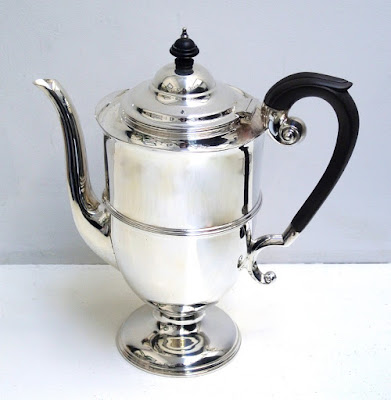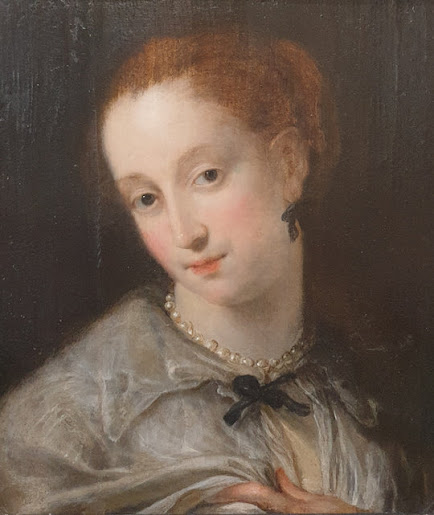Although coffee is the youngest of the popular hot beverages, with a history about one-third as long as that of hot chocolate or tea,
it is the most popular drink worldwide with around two billion cups consumed.
The first cafes and coffeehouses in Europe opened in the 17th century.
By 1663 there were 82 coffeehouses in London; 40 years later there were
more than 500. For Europeans, coffeehouses quickly became vital places
for the exchange of news and ideas and for doing business.
Although associated with longstanding European cafe traditions, espresso
is a modern invention. Using machinery developed in Italy
around the turn of the 20th century, the process brews coffee at
“express” speed by forcing hot water
through finely ground coffee at high pressure. The result is a small
shot of very strong coffee. A multitude of espresso-based drinks, from lattes to macchiatos and cappuccinos were perfected in European
cafes but only belatedly introduced to the American market.
Beatnik culture was synonymous with coffee bars. In the early 1950s, Soho became the centre of beatnik culture in London. The capital was full of fashionable espresso bars such as Le Macabre (Wardour Street), which had coffin-shaped tables, fostered beat poetry, jive dance and political debate. The Goings On, located in Archer Street, was a Sunday afternoon club, organised by beat poets Pete Brown, Johnny Byrne and Spike Hawkins, that opened in January 1966. For the rest of the week, it operated as an illegal gambling den.
 |
| The 2i's Coffee Bar, Old Compton Street |
Other "beat" coffee bars in Soho included Le Grande, La Roca, Freight Train, Picasso and the Moka Bar. The 2i's Coffee Bar at 59 Old Compton Street, was probably the first rock club in Europe and played a formative role in the emergence of Britain's pop music culture in the late 1950s.
In recent years we have seen a large rise of independent coffee shops re-emerge, not just in London but across the country in cities like Bath, Manchester, Bristol and Edinburgh. Customers are getting more knowledgeable about the coffee they drink, and as such are starting to favour the smaller, specialist independent coffee shops as opposed to the bigger high street chains.
On June 8, we will have our very own Grays Speciality Artisan Coffee stand, serving Fairtrade organic coffee and other hot beverages. In the lead up to Grays' exciting new coffee venture we had a look around the centre and discovered lots of beautifully ornate coffee apparatus and accessories...
 |
| 6 silver Art Deco coffee spoons with enamel inlay by W&H Chester 1939, offered by Past & Present |
 |
Sheffield 1904 coffee pot by Harrison
Brothers & George Howson, offered by AMS Antiques |
 |
| A pair of silver cafe au lait pots octagonal shape, Chester 1919-1921, offered by Jack Podlewski |
 |
| Set of 8 silver enamel and gilt coffee spoons, Denmark by Ela c.1950, offered by Jack Podlewski |






.jpg)

Comments
Post a Comment